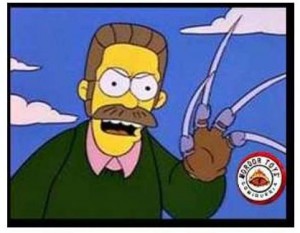Apologies for the third post about open access publishing in a row. Normal service will resume shortly!
I wanted to bring attention to a second open letter published, inspired by our first one to the Association for the Advancement of American Science (AAAS). This letter was aimed at a smaller society, the Society for Neuroscience, and spearheaded by Erin McKiernan, who was also a signatory on the original letter.
My thanks go out to Josh at The Winnower for such speedy publication of these letters, and to everyone who has contributed to these letters in some way so far.
Do you know any publishers or journals with pretty crap policies, or that you’d like to pick a bone with? Issues like licensing or horrendous costs we can tackle, as have been shown here, but it’s nice to see academics taking the fight to publishers – remember, they’re supposed to serve the academic community, not troll it and extort every penny from us while being as regressive to the progress of science as possible!
Drop a comment below if you’d like to join the OA train. We’ll be sending more public letters out shortly. Watch this space!

